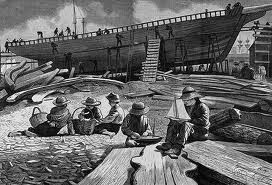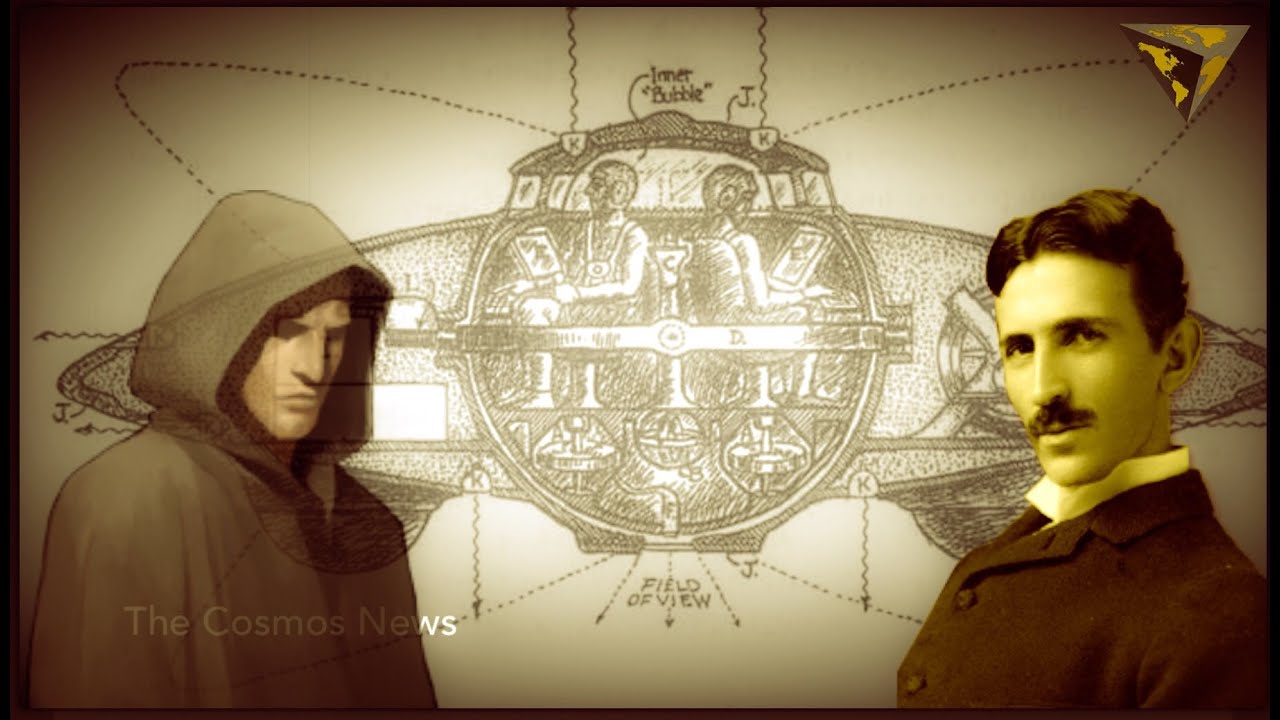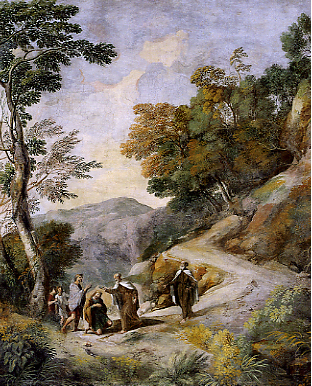
The family and the influence of the industrial society
Since the 17th century in Europe small farm families have begun to be expelled from the farms that had been rented, as they began to develop commercial agriculture on a large scale: this process of expulsion was then greatly accelerated by industrialization, while the production of goods and services moved to factories, workshops and offices. People (especially men and, at first, boys) left home to go to work, the family was no longer a productive unit, having the "workplace" they exceeded home, the place where the family was also joined by the working point of view.
The transformations, within the family, in industrialized society, initially touched the upper classes: they were the first agricultural, commercial and industrial entrepreneurs that began to break free of traditional constraints and community ties typical of the previous period.
The role of men, women and children was transformed by these changes.
From the early days of industrialization, many women began to work outside the home, at the same time taking care of children. Among the most affluent groups, however, a widespread belief was that "a woman's place is home," while a man is responsible for "earning bread": many married women became "desperate housewives", unpaid domestic workers, whose role was to take care of her husband and children.
With the approval of laws that restricted child labor and those who required compulsory education, the situation of children changed over time.
READ ALSO:
The first industrial revolution
The second industrial revolution
The changes made by the industrial society
The industrial societies and transformations



















